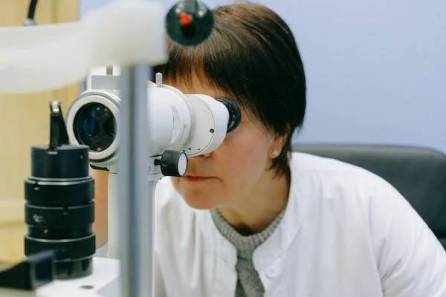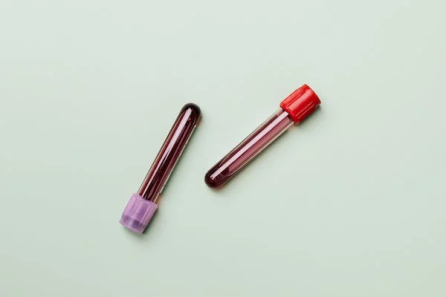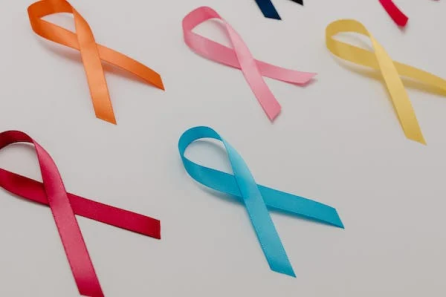According to the findings of recent research, using dietary supplements that contain vitamins or minerals really contributing the growth of tumors.
When consumed in excess, common antioxidants like vitamins A and C, as well as the minerals selenium and zinc, each contribute to the growth of blood vessels in cancer.
Antioxidants were thought to offer some kind of protection; hence, the discovery came as something of a shock.
According to the findings of the study, the levels of antioxidants that occur naturally in food are safe, but if people also use supplements that include antioxidants, then the additional quantity can promote the formation of tumors.
Journal Of Clinical Investigation
The Karolinska Institute in Sweden is responsible for the research that was included in the most recent issue of the Journal of Clinical Investigation.
The findings led the researchers to the conclusion that Vitamin C and other antioxidants encourage the creation of new blood vessels in lung cancer tumors.
They believe that this could apply to all types of cancer as well as the dissemination of disease.
It was previously believed that antioxidants had a protective impact; however, the leader of the study, Martin Bergo, who is a professor in the Department of Biosciences and Nutrition, stated the following:
“We’ve found that antioxidants activate a mechanism that causes cancer tumors to form new blood vessels. This finding is surprising because it was previously believed that antioxidants have a protective effect.”
Blood Vessels Dilate
“The new blood vessels provide nourishment for the tumors, which in turn may assist in their growth and spread.”
Antioxidants are widely found in dietary supplements because they are effective at neutralizing free oxygen radicals, which are known to cause harm to the body. However, very large amounts can be dangerous.
In addition, Professor Bergo stated that “there is no need to fear antioxidants in normal food; however, the majority of people do not require additional quantities of them.”
“As a matter of fact, it may cause harm to cancer patients and other people who have an increased risk of developing cancer.”
The scientists came to the conclusion that antioxidants lower the levels of free oxygen radicals; however, when more amounts are administered, the decline in free radicals triggers the activation of a protein known as BACH1.
Angiogenesis is the process that results from this process of inducing the development of new blood vessels.
“Many clinical trials have been conducted to evaluate the efficacy of angiogenesis inhibitors, but the results have not been as successful as anticipated,” stated Ting Wang, a PhD student working in Professor Bergo’s lab.
Patients whose tumors demonstrate high levels of BACH1 might benefit more from anti-angiogensis therapy than patients whose tumors exhibit low BACH1 levels, as an example. “Our study opens the door to more effective ways of preventing angiogenesis in tumors.”
Lung, Breast, and Kidney Tumor
They observed that when BACH1 was activated in lung, breast, and kidney tumors by either ingested antioxidants or by overexpression of the BACH1 gene, more new blood vessels were generated; however, these new blood vessels were highly sensitive to angiogenesis inhibitors. This discovery was made using tumors from all three organs.
Ms. Wang continued by saying, “The subsequent step is to examine in detail how different levels of oxygen and free radicals can regulate the BACH1 protein, and we will continue to determine the clinical relevance of our results.”
“We will also be conducting similar research into other types of cancer, including cancer of the breast, kidneys, and skin.”
What do you say about this story? Visit Parhlo World For more





